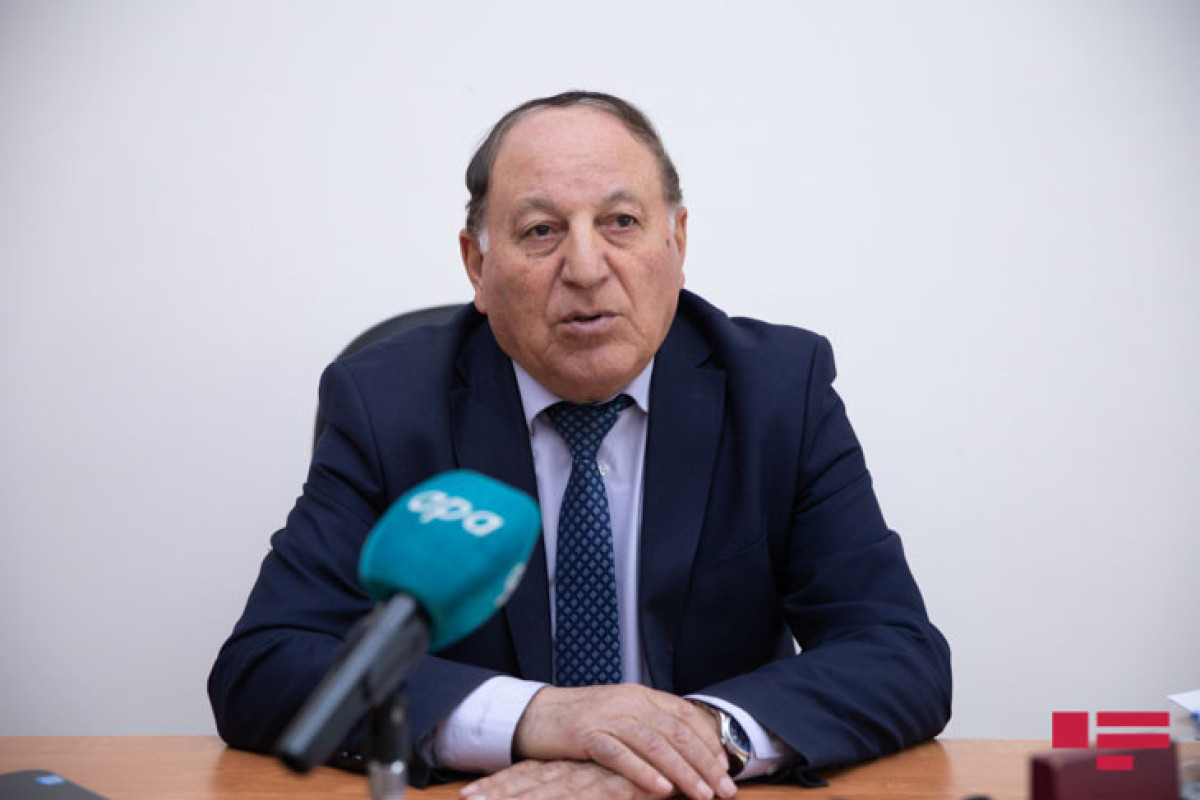
- You are the head of the working group established for the preparation of the third edition of the “Red Book”. At what stage is the process of preparing the third edition?
Historically, efforts have been made to maintain a balance in the relationship between man and nature. But this balance has been disturbed. Anthropogenic impacts on nature have increased. This effect is manifested primarily in the world of plants, which is the most sensitive group, as well as in the world of animals. With this in mind, the UN decided in 1948 to publish the “Red Book”. Every hour, a plant organism is wiped off the face of the earth. The disappearance of any plant can take away serious information. It is possible that the plant, which looks like an ordinary weed to us, contains a substance that can be used to treat any serious disease. The reduction and destruction of plant habitats is a serious international issue. There are many safeguards in place to protect them. National parks, reserves and sanctuaries are created. Alternatively, rare endangered plants are removed and cultivated. The seeds are then obtained and reintroduced. One of those methods is the preparation of the “Red Book”. This is a state document. For the preparation of this book, the President signs an order and gives instructions to the Prime Minister. Then this work is entrusted to Azerbaijan National Academy of Sciences (ANAS) and the Ministry of Ecology and Natural Resources (MENR). They also organize this work together with the relevant institutions. The new edition of the Red Book is usually prepared every 10 years. The second edition was prepared in 2013. The leadership of ANAS and MENR decided to prepare and present the next edition in May 2023 in high quality. In this regard, working groups have been established to study flora and fauna. Initially, a list of rare plants was compiled and examined on the basis of recent research and materials in the Herbarium funds. At present, these plants are searched in nature by certain methods, expeditions are organized, monitorings are carried out, photos are taken, because some of them are very rare and cannot be collected.